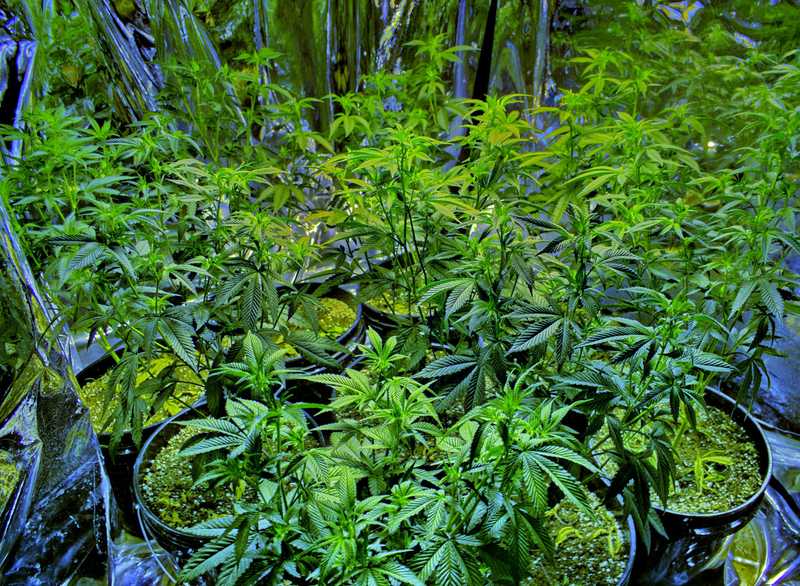Health Canada has almost doubled the number of legal marijuana production permits to boost recreational cannabis production before legalization is pushed through this summer.
Licensed producers (LPs) are at the core of the cannabis sector, holding licences to handle cannabis from plant-to-package. There are 84 LPs currently operating in Canada, but the number is set to ramp up quickly since Health Canada promised to streamline the application process.
An additional 200-plus LPs are in line right now, waiting to hear about their future in the Canadian cannabis market. With the government surging toward national marijuana legalization, the question now is whether this move will help avoid the kinds of supply problems experienced by burgeoning legal cannabis markets in the United States.
Is Health Canada Helping or Hurting Marijuana Production?
Health Canada’s stringent approval process for LPs is notorious for contributing to inadequate supplies of medical marijuana. But aspiring marijuana growers are boosted somewhat by the fact that Health Canada's approval process has partially loosened.
In May 2017, the agency announced it would “streamline” the approval process, which many would-be producers described as onerous and said took years to complete. Until this year, only the original 44 production licences existed since the medical marijuana program began four years prior.
According to Health Canada, once applicants have completed the security clearance process, their application goes under review to determine whether it meets all of the regulations requirements. Licences are issued once security clearances, regulatory requirements and a completed facility are confirmed.
Roughly 70–75% of companies who apply for a Health Canada marijuana licence don’t make the cut—a much higher rejection rate than the medical devices and prescription drugs industries. And while the recent increase in approvals means there will be more players ready to serve the market, the strict regulations and compliance requirements expected of producers will likely pare down the field again.
Mergers & Acquisitions the Way to Survive in the Canadian Marijuana Industry
Because applicants are often met with rejection, the final months of 2017 saw a wave of mergers and acquisitions. Some of the most prominent moves include that of Aurora's takeover of CanniMed while CanniMed made a play for Newstrike. Now Aurora has also taken a sizeable stake in the Green Organic Dutchman. This trend is expected to continue through 2018 as we watch the domain narrow to just a few principal players.
New entrants to the market will likely need to focus on niche artisanal appeal or be prepared to compete with the big players. The impact of consolidation should initially mean lower prices as the large companies court consumers for brand loyalty, but ultimately it could result in fewer brands at retail locations.
Will Canada Avoid a Marijuana Supply Crunch?
It seems unlikely that Canada will be immune to a supply deficit. New producers may be plenty, but they’ll have limited capacity when cannabis becomes legal next summer. A cultivation licence issued to a new producer right now means that the facility still needs financing, time to grow crops, and a deal with either a province or private retailer to supply one of the local markets.
The push to approve growers and facilities may lessen the impact cannabis customers have on supply, but there will likely be areas where cannabis completely sells out—likely in locations that haven't locked down a deal with a supplier capable of delivering a constant stream of recreational marijuana.
Nova Scotia is one province that’s voicing concerns over the supply of legal cannabis not being equal to the anticipated demand. They want their supply to come from local production facilities, but so far their two LPs only have Health Canada's approval to grow cannabis, not sell it. Newfoundland and Labrador now have its first production facility, but it's not going to be ready to supply the local market until about 2019.
Industry watchers who expected a spike in the number of licences are surprised by the latest figures, saying the number of pending approvals exceeds expectations. Provincial governments, police forces and marijuana companies have also been scrambling to prepare for legalized recreational sales, which the prime minister’s office confirmed are expected by some time in July—not the Canada Day deadline that many had assumed.
Photo credit: Mark
